A BETA version of the ‘Copyright User Portal’, funded by Bournemouth University’s Fusion Investment Fund (awarded 2012) was launched at the Law Society of England & Wales on 2 July 2013. The main event of the day was the launch of the UK Intellectual Property Office’s Commissioned Report on Copyright and Orphan Works co-authored by academics from CIPPM, Bournemouth University and CREATe, University of Glasgow. It also provided a platform to launch a BETA version of the Copyright User Portal.
The Copyright User Portal is an online resource aimed at making UK copyright law accessible to creators and members of the public. In particular the Portal aims to clarify UK copyright law for musicians, filmmakers, performers, writers, visual artists and interactive developers. The goal is to inform creators about how to protect their work, how to license and exploit it, and how to legally re-use the work of others. As such, the aim of the Copyright User Portal is to provide answers to the most pressing concerns creators have about copyright.
To find the answers to the most pressing queries which creators have, the research used two specific approaches. First, the 200 most frequently asked questions (FAQs) about copyright law was analysed which was then filtered down to the most important 20 FAQs. The second approach consisted of directly engaging with various creators, including musicians, filmmakers, performers, writers, visual artists and interactive developers and producing videos consisting of interviews with these creators, their artistic process, thoughts and questions about copyright. These two approaches helped the research team to create a rich resource capturing the common concerns faced by media professionals in their day-to-day work.
During Summer 2013, a complete version of the Copyright User Portal will be launched. A BETA Version of the resource can be accessed here
The Copyright User Project team consists of Mr. Bartolomeo Meletti (Lead Multimedia Producer), Dr. Kris Erickson (Principal Investigator and Executive Producer, CEMP), Dr. Dinusha Mendis (Co-Investigator and Executive Producer CIPPM), Professor Martin Krestchmer (Co-Investigator and Executive Producer CREATe, University of Glasgow) and Ms. Hayleigh Bosher (Research Assistant and Assistant Producer, CIPPM).
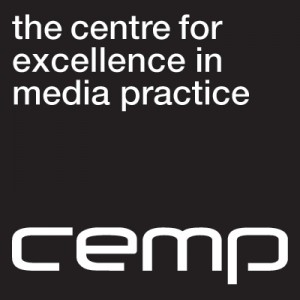
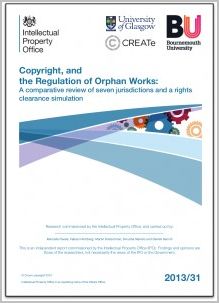






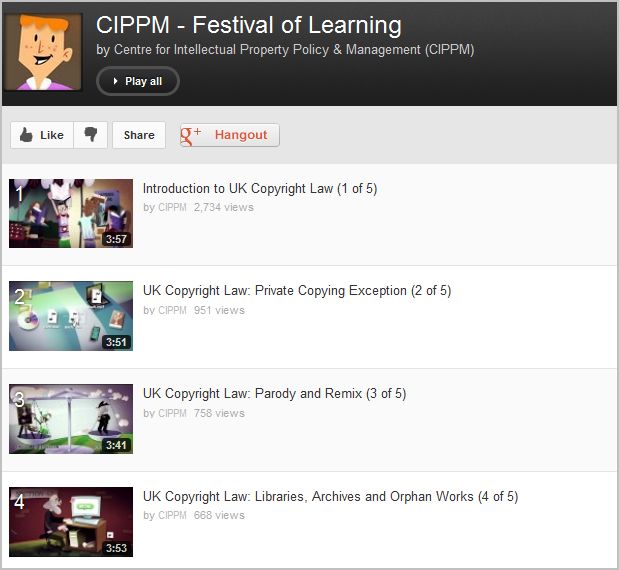
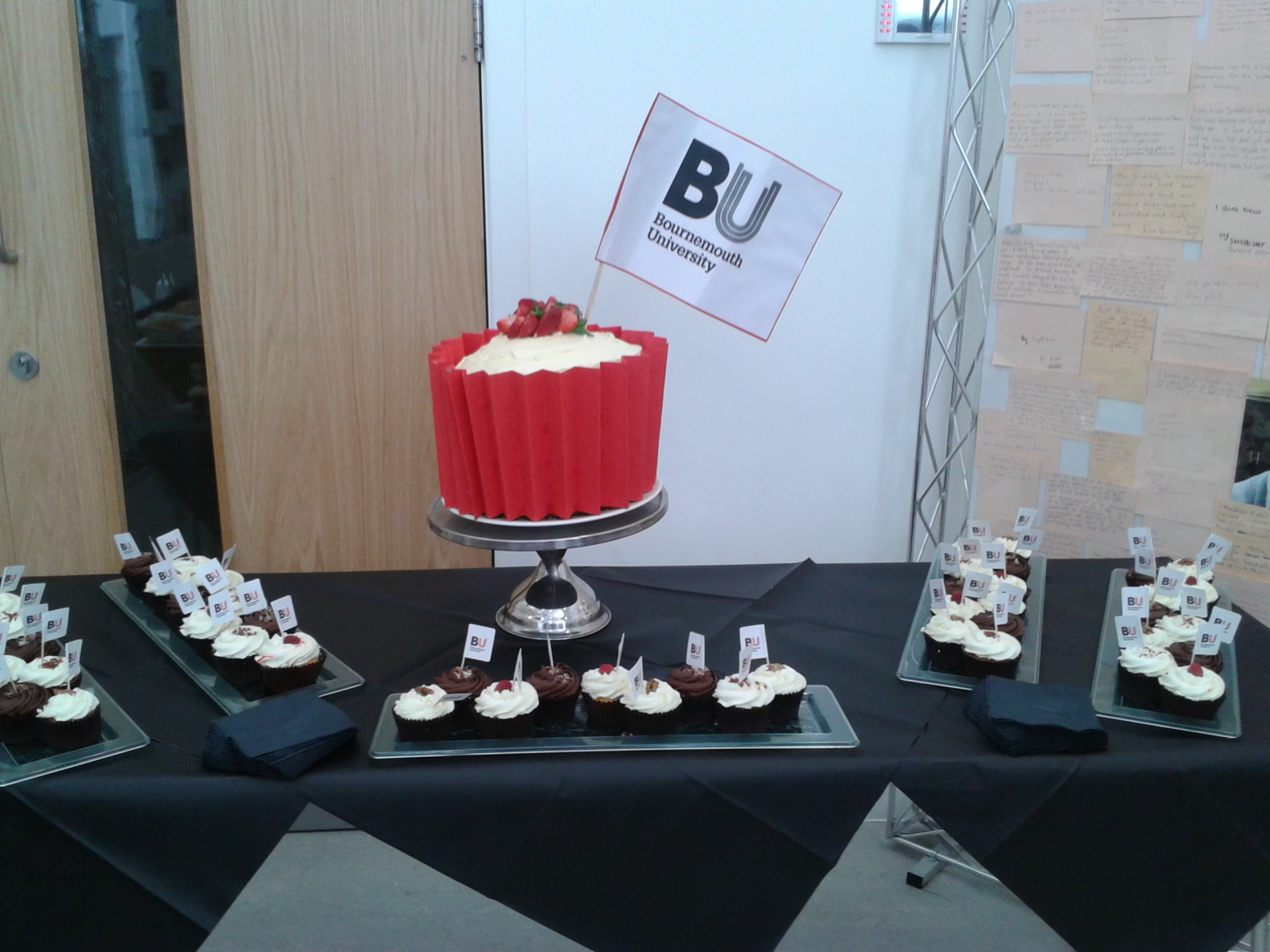
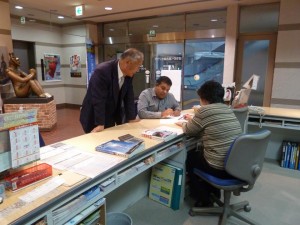
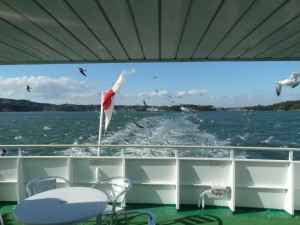
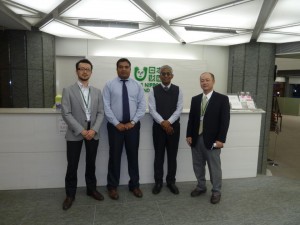
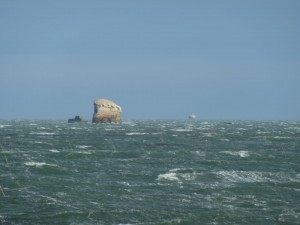
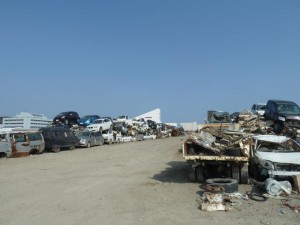
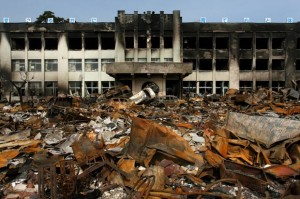

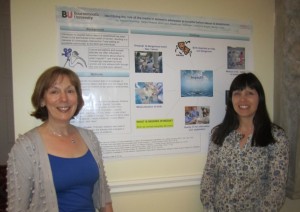




 For the past few years, Jeff Bagust (BU Visiting Researcher and Emeritus Professor at AECC) and I have been involved in the Australian LOOK project. This is a multidisciplinary study that involves the collaboration of scientists (including cardiologists, physiologists, psychologists… and a whole load more “ists”) from all over the world. It is a longitudinal study following a group of approximately 850 school children as they grow into adults and throughout their lives. The aim of the study is to investigate whether the type of physical education you are exposed to in childhood has an effect on your quality of life… throughout your life! So, schools have been randomised into either continuing their normal physical education curriculum or following an externally provided, alternative programme. Just some of the areas that are being investigated include: bone health, insulin resistance, cardiovascular health, body image and academic performance.
For the past few years, Jeff Bagust (BU Visiting Researcher and Emeritus Professor at AECC) and I have been involved in the Australian LOOK project. This is a multidisciplinary study that involves the collaboration of scientists (including cardiologists, physiologists, psychologists… and a whole load more “ists”) from all over the world. It is a longitudinal study following a group of approximately 850 school children as they grow into adults and throughout their lives. The aim of the study is to investigate whether the type of physical education you are exposed to in childhood has an effect on your quality of life… throughout your life! So, schools have been randomised into either continuing their normal physical education curriculum or following an externally provided, alternative programme. Just some of the areas that are being investigated include: bone health, insulin resistance, cardiovascular health, body image and academic performance.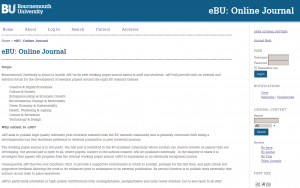











 BU Professor has been invited to a series of plenary and invited lectures.
BU Professor has been invited to a series of plenary and invited lectures. Research reaching non-academic audiences
Research reaching non-academic audiences April’s Café Scientifique – Should we help machines understand and respond to our emotions?
April’s Café Scientifique – Should we help machines understand and respond to our emotions? Postgraduate Research Experience Survey (PRES) 2024 – 2 WEEKS LEFT
Postgraduate Research Experience Survey (PRES) 2024 – 2 WEEKS LEFT Working with The Conversation: online training session – Wednesday 8th May
Working with The Conversation: online training session – Wednesday 8th May Apply for up to £1,000 to deliver an event and take part in a national festival of public engagement with research
Apply for up to £1,000 to deliver an event and take part in a national festival of public engagement with research MSCA Postdoctoral Fellowships 2024
MSCA Postdoctoral Fellowships 2024 Horizon Europe News – December 2023
Horizon Europe News – December 2023